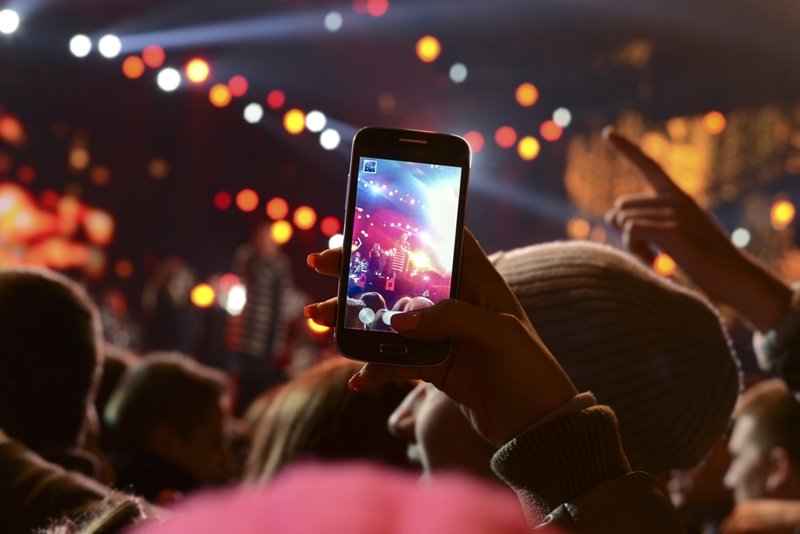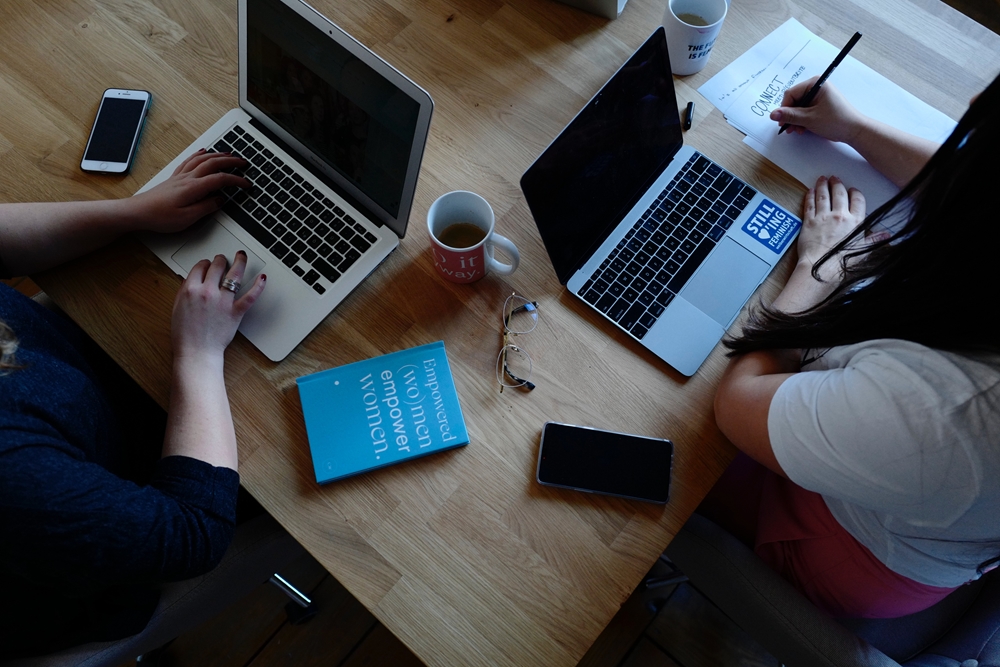Google Image Search is the first port of call for most people looking for photos for their social media or website, particularly small businesses doing DIY marketing. However, taking images straight from Google can open you up to a minefield of copyright issues.
As copyright is automatically owned by the artist responsible for a work, using even the most generic images without licence could open your business to legal risk. In 2018, Google removed the "View Image" button to make it more difficult for users to download and repost images unlawfully, but there are still many ways around this.
If your company is looking to use images from Google, or other websites, for free, you should keep an eye out for a Creative Commons licence.
What is a Creative Commons licence?
Creative Commons (CC) is a not-for-profit global organisation that provides free legal tools for creators to encourage the legal sharing and reusing of assets online. They're most known for their licences, which are standardised terms creators can apply to their works when publishing them, setting out guidelines for free use. Effectively, a CC licence is a statement declaring the conditions under which copyright permissions are granted.
Not all works fall under a CC licence – it's the prerogative of a creator to decide if they want to apply one to their assets. Furthermore, a CC licence doesn't necessarily allow you total freedom to use a work however you please. There are a range of different CC licences which outline whether work must be attributed, can be manipulated, or may be used commercially. Let's examine the differences.
Attribution 4.0 International (CC BY 4.0)
When acknowledging the creator, you must also include a link to the licence and indicate if any changes were made to their work.
This is the most basic CC licence. Work with the CC BY 4.0 licence may be shared or adapted by anyone, provided the original piece is attributed to the creator. This means you can copy, reupload, edit, remix or otherwise manipulate the work as you see fit, so long as you give credit where credit is due.
When acknowledging the creator, you must also include a link to the licence and indicate if any changes were made to their work. It's important you don't suggest the creator endorses you directly.
Furthermore, you cannot apply your own legal terms to the work that conflict with the permissions of the licence.
Attribution-ShareAlike 4.0 International (CC BY-SA 4.0)
Much like the above, works under this licence must be credited accordingly. This licence only differs by way of the "Share Alike" policy. This means that if you edit the work in any way, your edited version must be distributed under the same licence. So, if you use a photo with this licence for a social media post and add a filter or text, you must share it with the CC BY-SA 4.0 licence.
If you're taking images from Wikipedia, they will generally all use this licence.

Attribution-NoDerivatives 4.0 International (CC BY-ND 4.0)
Unlike the above two licences, the "No Derivatives" part of this licence means that if you make any amendments to the work, you may not distribute the modified material. The same attribution and restriction requirements still apply.
Attribution-NonCommercial 4.0 International (CC BY-NC 4.0)
Finally, a non-commercial licence is much the same as the standard CC BY 4.0, however you cannot legally use the work in any way for commercial purposes.
Other CC licences
There are additional CC licences which combine one or more of the above, such as Attribution-NonCommercial-ShareAlike 4.0 International (CC BY-NC-SA 4.0). The basic clauses and codes remain consistent, so simply ensuring you understand the above will help you navigate other licences as well.
If you're looking for free-to-use images online, be sure to look for the CC licence that suits your needs. You can filter by usage rights in Google Image Search using the "Tools" bar just below the search box.
Finally, you might also consider royalty-free stock images from websites like Unsplash or Pexels, which may be used commercially, edited freely and distributed without attribution.
If your organisation needs help navigating intellectual property rights, or you feel your rights have been breached, reach out to the team at Alder IP today for a free consultation.
